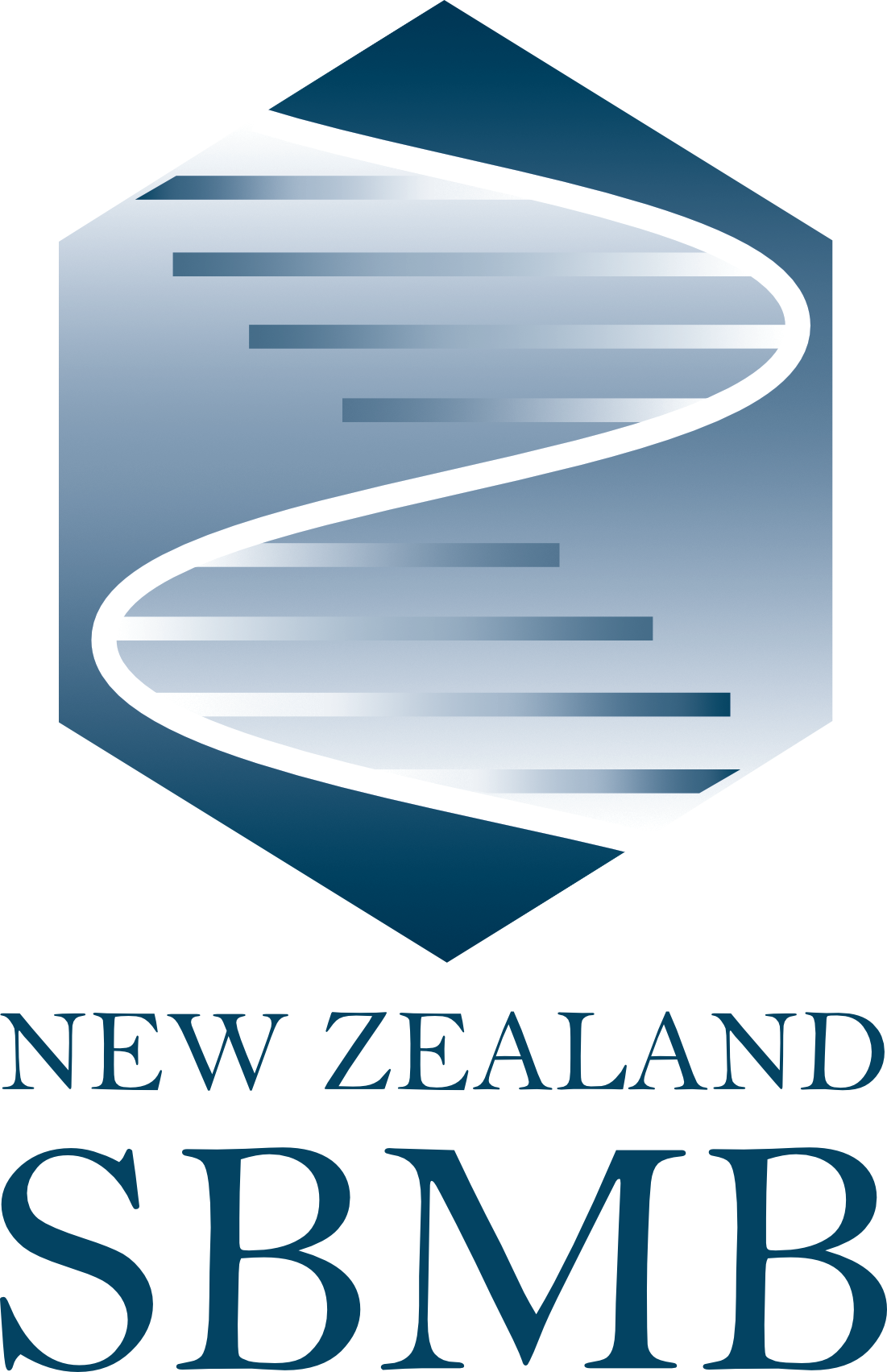NZSMB Conference Programme 2025
Nucleic acids and genomics
Nucleic acids are the fundamental information-carrying molecules of life and the basis for many emerging technologies in molecular biology, biomedical science and beyond. This theme will include talks ranging from applications of these nucleic acid-based technologies through to fundamental biological research including biochemical and biological aspects of nucleic acids and proteins involved in their metabolism and regulation. It will also include advances in computational tools for analysing DNA and RNA at various scales.
Synthetic and systems biology
Synthetic and systems biology involves the design, synthesis, and analysis of novel biological systems using both wet lab and computational techniques. Topics within this theme include biological system engineering, DNA assembly, molecular and cellular programming, natural product discovery, and computational methods at a systems level. Applications may be within prokaryotic, mammalian or plant systems.
Enzymes and the environment
Environmental microorganisms provide some of the richest sources of enzymes used in molecular biology and industrial biochemistry. Enzyme-based biotechnologies hold promise for more sustainable synthetic workflows and bioremediation, while a greater understanding of the enzymes of environmental pests can aid with conservation efforts. This theme will include topics such as enzyme biodiscovery, ‘green’ biochemical technologies and biochemical pathways involved in plant pathogens.
Signalling, Redox, and Biochemistry
Untangling the chemical processes that enable cells to function is key to our overall understanding of cell biology. This session spotlights biochemistry, emphasizing the critical roles of redox biology and signalling pathways within cells. It will explore topics such as ubiquitination and the interplay between metabolic pathways and cellular communication networks.
Protein structure and function
Uncovering the three-dimensional structure, interactions and dynamics of proteins underpins our understanding of their biological functions and biotechnological potential. This session will include talks where insight into protein structure, dynamics, interaction and mechanism have been gained from experimental techniques such as SAXS, X-ray crystallography, NMR and microscopic techniques such as CryoEM, as well as computational approaches such as molecular modelling and molecular dynamics simulations.
Molecular biomedical sciences
Advances at the molecular level are accelerating the progress of therapeutic development in health and disease. This theme explores how molecular biology is contributing to our understanding of pathogens, disease pathology, and the development of approaches to treat these conditions. Both human and animal systems are equally relevant for this topic.
education
The past five years have brought significant shifts in tertiary education, reshaping teaching and learning across the sector. From the rapid transition to online delivery and the emergence of new digital technologies during the Covid years, to evolving student engagement, blended learning approaches, and the challenge of meaningful assessment in an AI-driven era—the landscape continues to evolve. The Education theme aims to promote discussion and share innovative practices from across New Zealand, helping educators navigate these changes while enhancing their teaching experience. Education-themed talks will be integrated into discipline-specific sessions, exploring various aspects of transformation, including curriculum development, pedagogical innovation, assessment strategies, and educational scholarship. Contributions from education-focused academics are encouraged.
